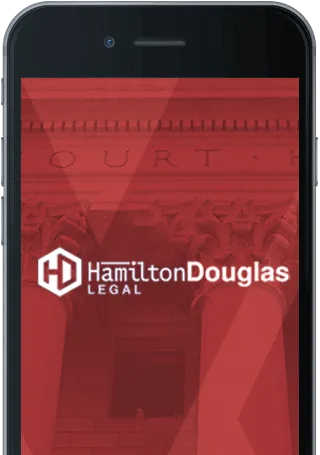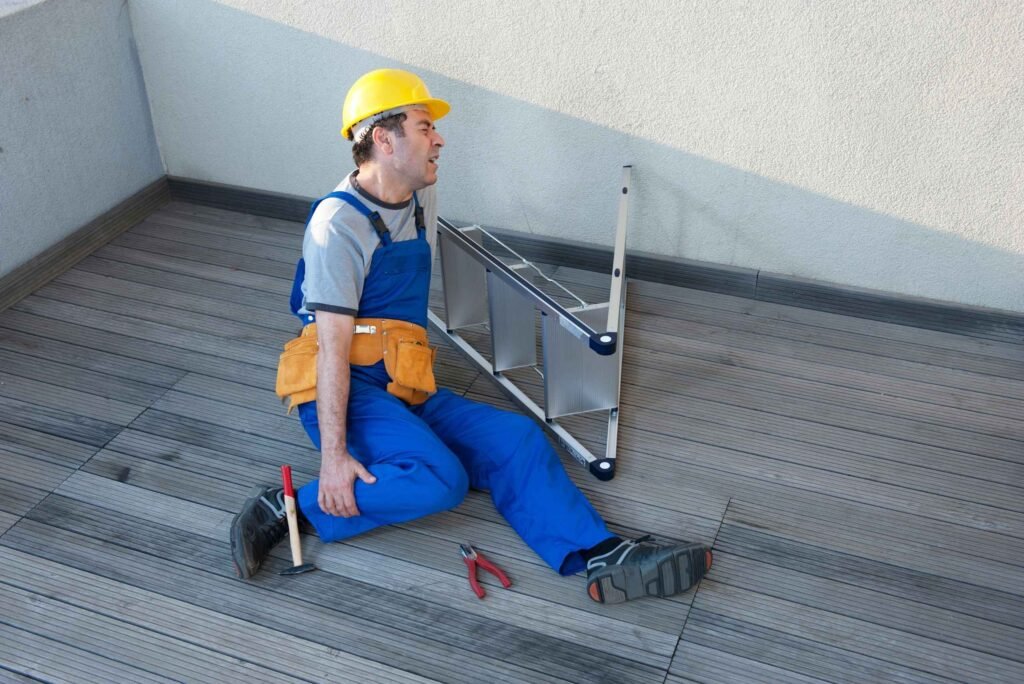How much Compensation can You claim for medical negligence in Scotland?

Sarah John's
Legal Writer
If you’ve been affected by medical negligence in Scotland, you may be entitled to compensation. People who have been hurt by mistakes or bad care can get cash help from NHS Scotland. It can be a complicated process to navigate, but with no-win-no-fee claims, you don’t have to worry about paying for lawyers’ fees upfront. Our panel of medical negligence lawyers with years of experience are here to guide you through every step.
Table of Contents

Get In Touch With Your Local Office:
With local knowledge and a national network of experts, we have the experience you can count on.
What is a Breach of Duty by the NHS in Scotland?
A Breach of Duty by the NHS in Scotland occurs when a medical professional fails to provide the proper standard of care that a patient should receive. This could be a mistake, overlooking something important or not following the correct procedures which leads to harm or worsening of a condition. Every medical professional has a duty of care to their patients, but not all mistakes will result in a claim. For example, some treatments like chemotherapy may make a patient feel worse, but this is part of the treatment process, not negligence.
To make an Injury Claim in Scotland, you need to prove that a Breach of Duty caused you harm. For example, if you were given the wrong medication, but it didn’t affect your health, then there is no claim. However, if the mistake harmed you in some way, you may be entitled to compensation. You will also need evidence to support your claim, which is why working with an experienced solicitor is highly advisable to get maximum NHS Scotland compensation payouts.
How Could You Be Harmed By NHS Negligence?
Medical negligence can cause harm in many different ways, and it’s important to understand that not all complications are the result of negligence. Sometimes, even when the right level of care is given, things can go wrong. For example, if a rare condition is misdiagnosed because it shares symptoms with a more common illness, that doesn’t always mean there was a breach of duty, and you wouldn’t be able to claim compensation.
However, there are several examples where NHS Scotland Health Boards could be at fault, including:
Misdiagnosis: If you’re diagnosed with the wrong condition, you may not get the right treatment or may be given the wrong treatment, which can harm your health.
Surgical Negligence: This can involve errors like performing surgery on the wrong body part, carrying out unnecessary surgery, or leaving a foreign object inside your body after a procedure.
Medication Errors: These mistakes can include being given the wrong medication, incorrect dosage or unclear instructions on how to take your medicine. For example, not being told you need to take medication with food could harm you.

Recent Trends in NHS Scotland Compensation Figures
Recent trends in NHS Scotland compensation payouts show a steady amount of money being paid out for clinical negligence claims. For the year 2020/21, the Clinical Negligence and Other Risks Indemnity Scheme (CNORIS) paid out a total of £60.26 million for clinical negligence cases, covering 278 individual claims. The highest value of claims during this period was for obstetrics and gynaecology, which made up 27% of the total value of claims.
Time Limits for Making a Medical Negligence Claim Against the NHS
There are deadlines for making a claim if you were injured in Scotland as a result of medical malpractice. The Prescription and Limitation (Scotland) Act 1984 states that you normally have three years from the time you became aware of your injury to begin a compensation claim. This is the typical window of opportunity to make a medical malpractice claim against the NHS or any private healthcare provider.
There are some exceptions, though. For example, if you were under the age of 16 when the negligence happened, the time limit differs. In circumstances when individuals are unable to claim themselves owing to mental disability, the time restriction may be suspended until the person is able to act on their own.
If you’re unsure if you’re within these time constraints or need advice on how to proceed, call a solicitor for free legal assistance. They can help you understand your rights and the next stages, providing guidance without any pressure to proceed.
DEDICATED CLAIMS ADVISORS
Our dedicated claims advisors are always available to offer free legal advice.
100% NO WIN NO FEE CLAIMS
All our claims are processed on a No Win No Fee basis; you pay nothing if you lose.

MILLIONS SECURED IN DAMAGES
To date, we have secured millions in damages.
THOUSANDS OF SATISFIED CLIENTS
To date, we have helped thousands of clients recover compensation and continue to do so.
What Evidence Do You Need for a Successful NHS Negligence Case?
To make a claim for NHS Scotland compensation, having strong evidence is essential. The more solid proof you can provide, the better your chances of a successful case. Some of the key evidence you may need includes:
Photos: If you have photos of your injuries or symptoms that got worse due to negligent treatment, these can support your claim.
Medical Records: These are crucial. If you received treatment after the harm, your updated medical records can show the extent of your injuries. Your original records may also be useful, especially if they show what went wrong, like being prescribed the wrong medication.
Witness Statements: If someone saw the negligence happen, their statement could be important. You can provide their contact details so a statement can be taken later.
You may also be asked to attend a medical assessment. An independent expert will examine your injuries and determine if they were caused by negligence. Their report will be a major part of determining the average payout for medical negligence.
Having these pieces of evidence ready will make a big difference in your claim. For more information on what you need, contact a solicitor who can help you gather the right evidence for your claim.

Can’t Work Due To Illness Or Injury?
Use our free online claim check tool and find out in minutes if you have a claim.
How NHS Scotland Compensation Amounts Are Calculated?
When you make a successful medical negligence claim against NHS Scotland the compensation you receive will be made up of two parts: general damages and special damages.
General damages cover the harm you’ve been through and how it has changed your life. This includes the pain and suffering the injury caused, as well as any long-term changes it makes to the things you normally do. Lawyers often use guides, such as the Judicial College Guidelines (JCG), to figure out the value of this part of the claim. These rules give a range of compensation numbers based on the kind of injury and how bad it is. Payouts for serious injuries like paraplegia could be anywhere from £219,070 to £284,260, while payouts for less serious injuries like chest injuries could be anywhere from £31,310 to £54,830. However, please note these figures are based on guidelines in England and Wales and are just examples.
The second part of the compensation is called special damages. These are meant to cover the financial damages you’ve experienced because of the injury. For example, if your injury prevents you from working, special damages can compensate for lost earnings, both now and in the future. Special damages can also cover other costs, such as:
- Prescription and over-the-counter medication
- Travel expenses
- Childcare
- Mobility aids
- Help with housework
These two heads of claim—general and special damages—together make up the total compensation. If you’re wondering what the average payout for medical negligence is, it depends on the severity of the case and the damages involved. For more information on how much compensation you may be entitled to, contact a solicitor experienced in medical negligence average payout cases.
Start Your No Win No Fee NHS Negligence Claim Today
If you’re thinking of making a claim for NHS negligence but are concerned about the legal fees, a No Win No Fee arrangement may be the answer. With this form of arrangement, you are not required to pay anything up in advance or during the course of your claim.
In addition, if your claim is unsuccessful, you will not be charged any fees. If you win your claim, a success fee will be deducted from your compensation, but it is limited by law, so you will still receive the majority of what you are owed. Contact us immediately to learn more about how we may assist you with your No Win No Fee NHS negligence claim. You can contact us via phone, email, live chat, or through our online enquiry form.
Easy Ways To Get In Touch
We are here to help. Give us a call, request a call back or use our free claim check tool to get in touch with our friendly legal team. With local knowledge and a national network of experts, we have the experience you can count on.





